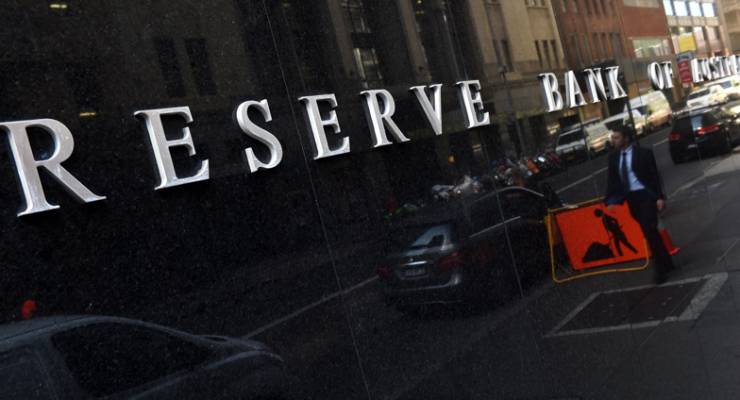
It is often said that if you laid all of the world’s economists end to end they still wouldn’t reach a conclusion. But while it is not uncommon for economists to disagree about what will happen to the economy in the coming months, let alone years, it is unprecedented for a government’s two major economic bodies, Treasury and the Reserve Bank, to put out such different assessments of the economy on exactly the same day.
According to the RBA the economy is slowing, inflation is dangerously low, and the economy needs some monetary policy stimulus.
According to Treasury’s budget papers, the economy is picking up, inflation is tipped to rise and cuts to the size of the deficit are required to ensure we “live within our means”.
Someone must be wrong. And while economists are nearly always wrong when they try to predict the future, it is hard to overstate the political consequences of these duelling forecasts. In deciding to hand down the budget a week early, the Prime Minister laid down a minefield his own government must try to navigate.
The first mine to blow up was caused by the revised timing of the budget. If the budget had been handed down at the traditional time of the second Tuesday in May, the Treasurer’s speech writers would have had time to (try to) explain why the government was tightening fiscal policy at the same time the RBA was tightening monetary policy.
The second mine could be even more damaging. Peter Costello’s Charter of Budget Honesty requires Treasury to prepare a new set of accounts soon after an election is called. Treasury will either have to repudiate the RBAs forecasts or rein in its own forecasts of growth and revenue. Given the government’s full frontal attack on the opposition’s costing for the tobacco excise it is hard to imagine the opposition would cut the government any slack if its own budget forecasts are significantly modified within a month of the budget being tabled.
But while forecasts of revenues and deficits are likely to cause some embarrassment as we race towards the next election, history suggests that neither the government nor the opposition will pay much attention to the national shame that is unemployment. In Australia today there are around 600,000 unemployed people and, according to the budget papers, there is no expectation of any significant reduction in the figure over the next four years. While the Treasurer mentioned “jobs and growth” 13 times throughout his speech and spoke about his “plan”, Scott Morrison made absolutely no mention of how he plans to reduce the ranks of the unemployed by hundreds of thousands of people.
Bizarrely, the government that has just committed to $50 billion for submarines argues that “this is not a time to be splashing money around”. Indeed, the Treasurer actually argues that government spending is “not a plan for jobs and growth” … except, of course, if you live in a South Australian marginal seat.
Similarly, the same government that says it wants to encourage more people to enter the workforce has decided to save $1.1 billion by deferring the jobs for families package, which was designed to encourage more parents to re-enter the workforce more quickly.
When he took over as Prime Minister, Malcolm Turnbull not only promised to provide a clear economic narrative but also to ensure that tax reform passed the fairness test. Tonight’s budget delivered on neither promise.
Only the highest 25% of income earners will benefit from the lift in the 37% tax threshold from $80,000 to $87,000. And only the top 4% of income earners benefit from the abolition of the temporary “deficit repair levy”, even though the deficit remains. Around 75% of the benefits of these two tax cuts will accrue to the top 10% of income earners, and the bottom 70% of the population will receive precisely nothing.
While the government has finally bitten the bullet and admitted that superannuation tax concessions are too generous and need to be reined in, the actual measures announced in the budget were quite modest. Like the new tax cuts announced in the budget, the superannuation system still delivers the vast bulk of its benefits to the wealthiest and virtually nothing for least well off.
Just as economists can’t agree on whether the economy needs monetary policy stimulus or fiscal policy restraint, economists cannot agree on whether cutting taxes for the wealthiest will “boost jobs and investment” or simply boost the gap between those with the most and those with the least. But regardless of whether the RBA or Treasury’s forecasts are closer to the mark, one thing the budget papers make clear is that there is no hope that unemployment will fall below half a million in the next four years.







‘ . . . why the government was tightening fiscal policy at the same time the RBA was tightening monetary policy.’
Shouldn’t this be ‘ . . . at the same time the RBA was loosening monetary policy.’?